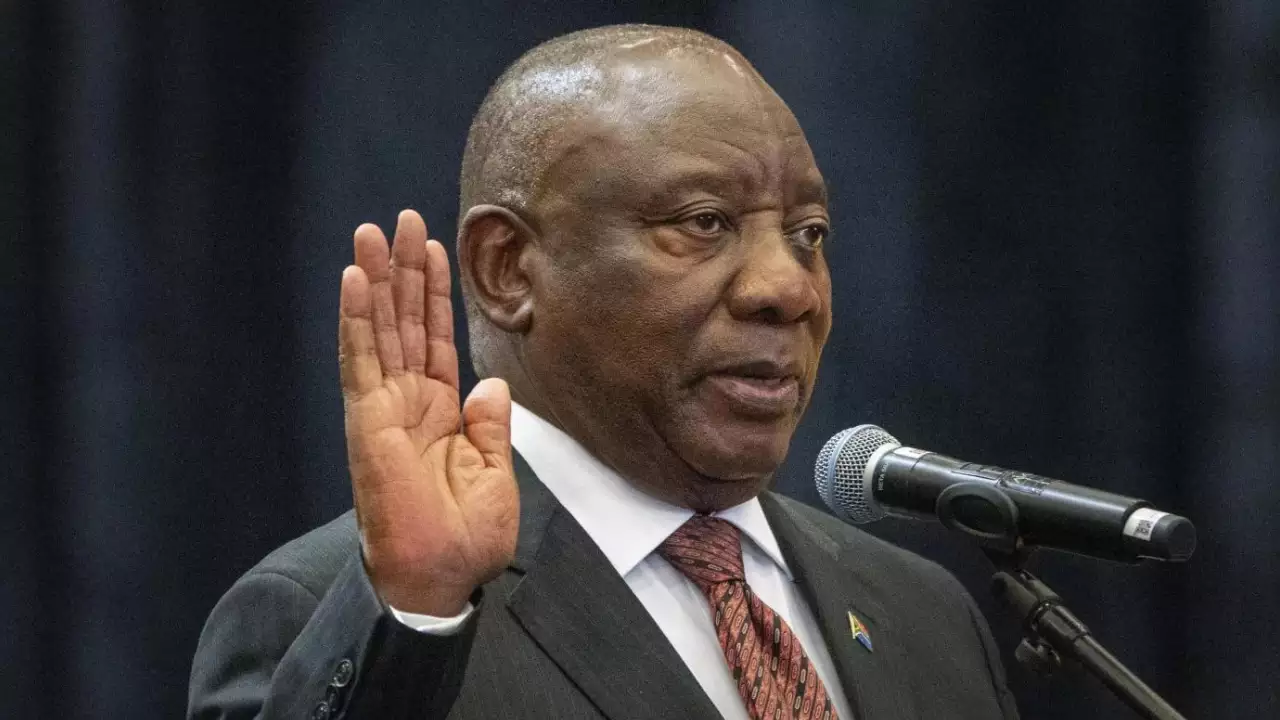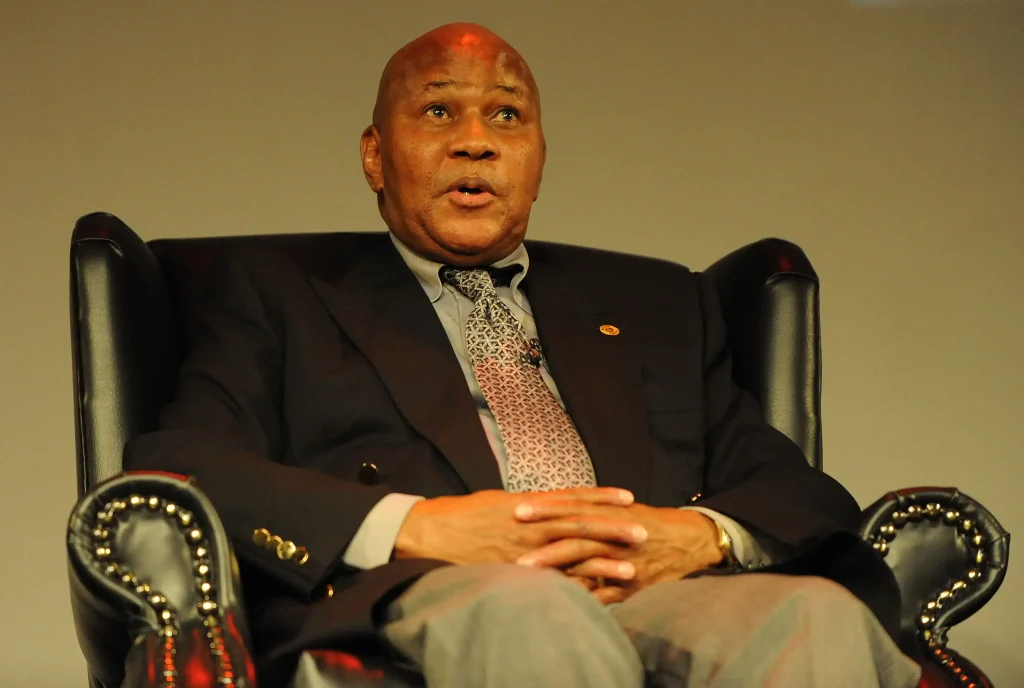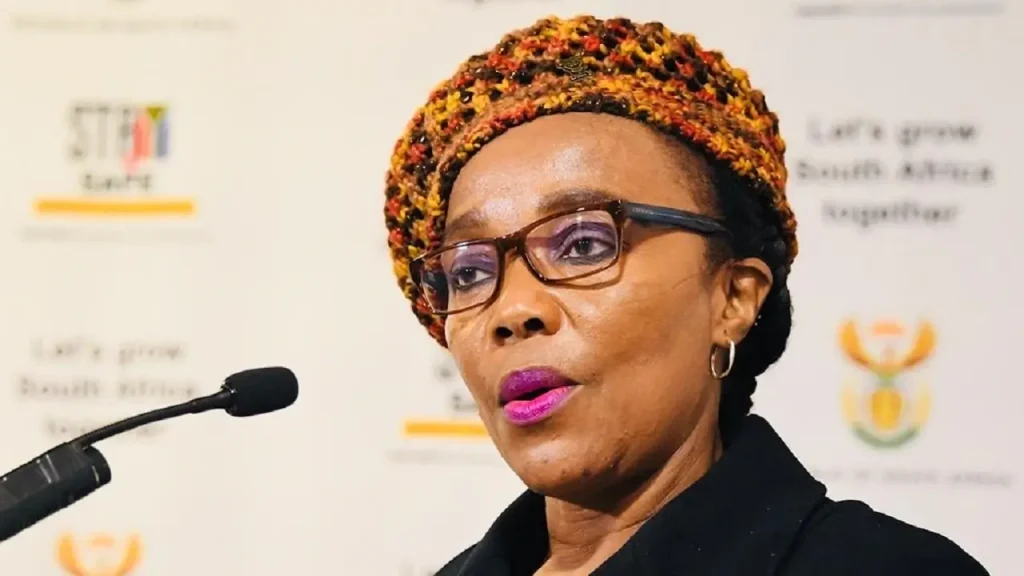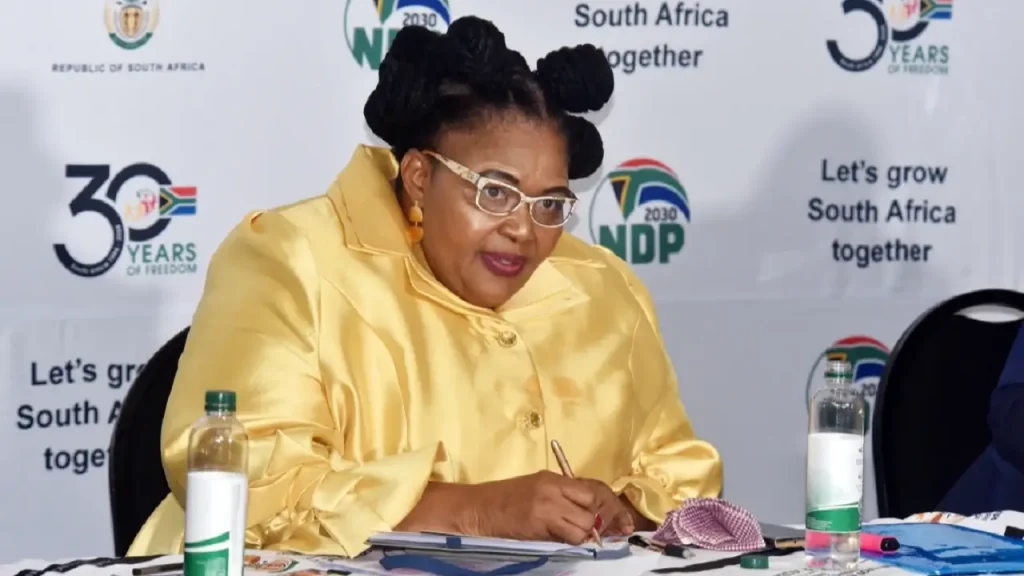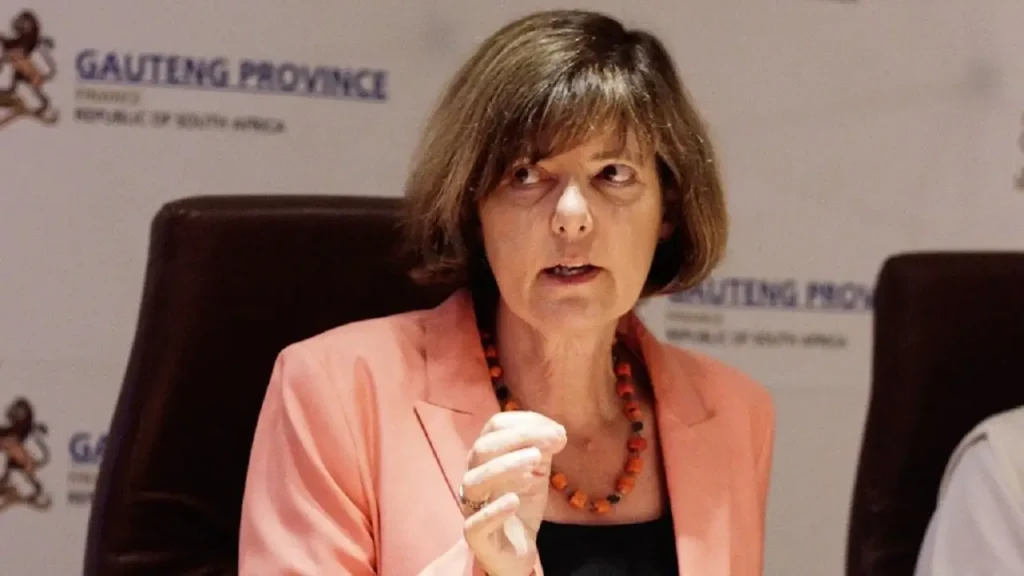Matamela Cyril Ramaphosa is one of South Africa’s most significant political figures. His journey from activism to business magnate and then to the highest office in the country is both remarkable and inspiring. Here are 30 facts that highlight the life and legacy of Cyril Ramaphosa, the 5th President of South Africa.
1. Born into Apartheid
Cyril Ramaphosa was born on November 17, 1952, in Johannesburg, during the era of apartheid in South Africa.
2. Family Moved to Soweto
In 1962, his family moved from Western Native Township to Soweto, which would become a pivotal location in his life and activism.
3. Early Education
Ramaphosa attended Tshilidzi Primary School in Soweto before completing high school at Mphaphuli High School in Venda in 1971.
4. University of the North
In 1972, he enrolled to study law at the University of the North, where his political career began to take shape.
5. Activism Begins
While studying, he joined the South African Student Organisation (SASO) and the Black People’s Convention (BPC), laying the foundation for his future political engagement.
6. First Arrest in 1974
Cyril Ramaphosa was detained in solitary confinement for 11 months in 1974 under the Terrorism Act for organizing pro-Frelimo rallies in support of the liberation movement.
7. Second Detention in 1976
Following the Soweto student uprising in 1976, he was arrested for a second time and held for six months.
8. Law Degree
Despite his political challenges, Ramaphosa continued his education through the University of South Africa (UNISA), obtaining his B.Proc degree in 1981.
9. Legal Advisor to CUSA
After completing his studies, he worked as a legal advisor for the Council of Unions of South Africa (CUSA).
10. Founder of NUM
In 1982, at the request of CUSA, Ramaphosa co-founded the National Union of Mineworkers (NUM) with James Motlatsi and Elijah Barayi. He became the union’s first General Secretary.
11. NUM’s Growth
Under Ramaphosa’s leadership, NUM’s membership grew dramatically from 6,000 to 300,000, making it one of the most influential unions in the country.
12. 1987 Mineworkers Strike
Cyril Ramaphosa led mineworkers in one of the largest strikes in South Africa’s history in 1987, significantly strengthening the union’s influence.
13. COSATU and the Mass Democratic Movement
Ramaphosa played a crucial role in the formation of the Congress of South African Trade Unions (COSATU) and worked with the United Democratic Front (UDF) against apartheid.
14. Went into Hiding
Following the declaration of a state of emergency in 1986, he went into hiding, which was part of his commitment to the anti-apartheid struggle.
15. Chairperson of the Reception Committee
In 1989, Ramaphosa was appointed chairperson of the Reception Committee to welcome Rivonia trialists, including Nelson Mandela, upon their release from prison.
16. ANC Secretary General
After the unbanning of the ANC, Ramaphosa was elected ANC Secretary General in 1991, a pivotal moment in his career.
17. Head of Negotiations
As ANC Secretary General, he led the ANC’s negotiation team at the Convention for a Democratic South Africa (CODESA), shaping the transition to a democratic South Africa.
18. Drafting South Africa’s Constitution
After the 1994 democratic elections, Ramaphosa became a Member of Parliament and chaired the Constitutional Assembly, which drafted South Africa’s new democratic constitution.
19. Constitutional Award
In recognition of his role in the constitution-making process, Ramaphosa was awarded the National Order of the Baobab in Silver in 2009.
20. Business Ventures
After leaving Parliament, Ramaphosa entered the business world, becoming the founder of Shanduka Group, a successful black-owned investment holding company.
21. Shanduka Foundation
He established the Shanduka Foundation (now the Cyril Ramaphosa Foundation), focusing on education and small business development to help uplift South Africa’s communities.
22. Global Business Leadership
Ramaphosa was involved with the United Nations Global Leadership Group, advising on business and human rights, showcasing his international influence.
23. Award-Winning Leader
Ramaphosa was awarded the prestigious Olof Palme Prize in 1987 for his outstanding contribution to the fight against apartheid.
24. Honorary Doctorates
He has received several honorary doctorates from esteemed universities around the world, including the University of Cape Town and Stanford University.
25. International Roles
He has served in international positions, such as a weapons inspector in Northern Ireland and a member of the International Commission of Intervention and State Sovereignty.
26. Deputy Chair of the National Planning Commission
In 2010, Ramaphosa was appointed Deputy Chair of the National Planning Commission, tasked with drafting South Africa’s long-term national development plan.
27. Elected ANC Deputy President
In December 2012, he was elected Deputy President of the African National Congress (ANC) at its 53rd National Conference.
28. Deputy President of South Africa
On May 25, 2014, Ramaphosa was appointed Deputy President of South Africa, marking another major step in his political career.
29. 13th ANC President
In December 2017, Ramaphosa was elected the 13th President of the ANC, paving the way for his presidential campaign.
30. President of South Africa
Cyril Ramaphosa was sworn in as the President of South Africa on February 15, 2018, following the resignation of President Jacob Zuma, marking the culmination of his decades-long journey in South African politics

